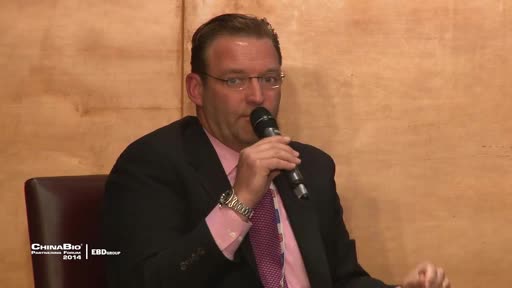### Peter Navarro Speech at the RNC: A Deep Dive into His Key Themes and Impact
In the political landscape, speeches often define the trajectory of campaigns, and Peter Navarro's speech at the Republican National Convention (RNC) was no……
In the political landscape, speeches often define the trajectory of campaigns, and Peter Navarro's speech at the Republican National Convention (RNC) was no exception. As a prominent figure in the Trump administration, Navarro's address resonated with many Republicans and provided critical insights into the party's direction and policies. This article explores the key themes of Navarro's speech at the RNC, its implications for the Republican Party, and its reception among various audiences.
Peter Navarro, an economist and former director of the Office of Trade and Manufacturing Policy, has been a vocal advocate for American manufacturing and a critic of globalization. His speech at the RNC was a culmination of his views on the economy, trade, and national security, which he has championed throughout his career. During his address, Navarro articulated a vision for America that emphasized economic independence, job creation, and a strong stance against China.

One of the central themes of Navarro's speech at the RNC was the importance of bringing manufacturing jobs back to the United States. He argued that the COVID-19 pandemic had exposed vulnerabilities in the global supply chain, particularly the heavy reliance on China for essential goods. Navarro emphasized that the Trump administration's policies aimed to revitalize American manufacturing, reduce dependence on foreign entities, and create millions of jobs for American workers. This message resonated with many in the audience, particularly those from manufacturing states who have felt the impact of job losses over the years.
Navarro also touched on the theme of national security, linking economic strength to the nation's ability to defend itself. He posited that a robust manufacturing base is crucial for national security, as it ensures that the U.S. can produce critical goods without relying on adversarial nations. This perspective aligns with a growing sentiment among many Americans that national security is intertwined with economic independence. By framing manufacturing as a national security issue, Navarro effectively elevated the importance of his message and garnered support from a broader audience.

Another significant aspect of Navarro's speech at the RNC was his critique of the Biden administration's policies. He argued that the current administration's approach to trade and manufacturing would lead to job losses and increased reliance on foreign nations. Navarro's rhetoric was sharp, as he painted a stark contrast between the Trump administration's achievements and the perceived failures of the Biden administration. This approach aimed to galvanize Republican voters by invoking a sense of urgency and the need to protect American jobs and industries.
The reception of Navarro's speech was mixed, as is often the case with political rhetoric. Supporters praised his passionate defense of American manufacturing and his clear articulation of the challenges posed by China. They viewed his speech as a rallying cry for the Republican base, emphasizing the need for a strong, united front against foreign competition. On the other hand, critics argued that Navarro's views were overly simplistic and failed to address the complexities of global trade. They contended that while bringing jobs back to America is a noble goal, it is not always feasible in a globalized economy.

In conclusion, Peter Navarro's speech at the RNC served as a significant moment in the political discourse surrounding American manufacturing, trade, and national security. His emphasis on economic independence and job creation resonated with many Republicans, while his critique of the Biden administration aimed to galvanize support for the Trump agenda. As the Republican Party continues to navigate its identity and policies, Navarro's address will likely be remembered as a pivotal moment that encapsulated the party's priorities and the challenges it faces in the current political climate. Understanding the implications of Navarro's speech is essential for anyone interested in the future of American politics and the role of manufacturing in the economy.